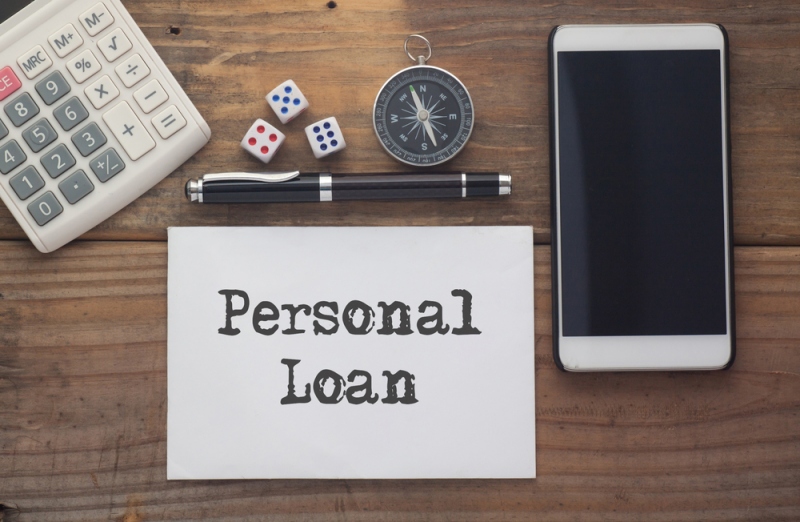Since it is a collateral-free loan, applying for and getting a personal loan is both quick and easy. But, there are misconceptions that may cloud your judgement. Believing these myths keeps you from making the most of this credit option. Take a look at the 7 common theories about personal loans that aren’t true.
-
You can’t get a personal loan when you are already repaying an existing debt
If you have an on-going loan with a particular lender, then applying for another one can be a little risky, but only if you can’t afford it. If your repayment history is good, it will reflect positively on your credit score. And, if the category of your existing loan and the one you are applying for are different, rest assured that it will pose no threat to the application process. For example, if you currently have a secured loan like a home loan, then getting an unsecured loan like a personal loan is not a problem at all.
-
You won’t get a personal loan if you have average credit history
Even though your credit score plays an important role in getting financing, it is not the only factor that governs whether your application is accepted or rejected. If you meet the basic credit score criteria, and prove that your income is sizeable and steady, a slight dip in your score won’t lead to outright rejection. But, you may have to pay a marginally higher rate of interest to compensate for it.
-
You should always apply for more money than you need
Remember that a loan of any kind comes with an interest payment. The more you borrow, the higher the interest component becomes. So, if you over-borrow, you have to pay more interest too. This is why it is important to borrow only as much as you need. If you don’t follow this rule, the loan becomes an unaffordable source of finance.
-
All lenders charge the same rate of interest on a personal loan
This statement is far from the truth, as every lender offer loans with varying personal loan interest rates. Apart from this, even the extra fees and charges differ. So, it is a must to compare each offering before settling on any one option. Besides, your personal finances also affect the rate of interest that the lender offers you.
-
Taking a personal loan decreases your credit score
It is often believed that not borrowing a loan is the best financial practice. But, when you don’t take any credit, you don’t build a credit history. As a result, you don’t have a credit score. So, when you need a loan such as a home loan in the future, getting one may become tricky. So, it is advisable that you take a personal loan, use it responsibly and make timely repayments to build your credit score. Opting for a personal loan means that your credit score will dip slightly right when you apply. But, as you make periodic EMI payments, your credit score will rise again.
-
Taking a personal loan means you won’t get a home loan in the future
On the contrary, taking a personal loan and paying it off shows that you’re responsible with your finances. So, as long as you have a steady income and the capacity to pay back the loan, you will be a good candidate for a home loan. This, along with a well-maintained credit folio furthers your chances.
-
Needing a personal loan suggests that you’re bad at money management
Borrowing credit is not proof of there being something is wrong with your personal finances. A personal loan can help you accomplish personal goals and improve the quality of your life. This does not mean that you can’t manage your money. In fact, once you clear your debt via timely payments, your credibility increases.
So, if you’ve ever had any apprehension about a personal loan, now’s the time to brush it off and apply for one. One of the best options is the Bajaj Finserv Personal Loan. It comes with benefits such as minimal documentation, simple eligibility criteria, nominal interest rate and disbursal within 24 hours!

